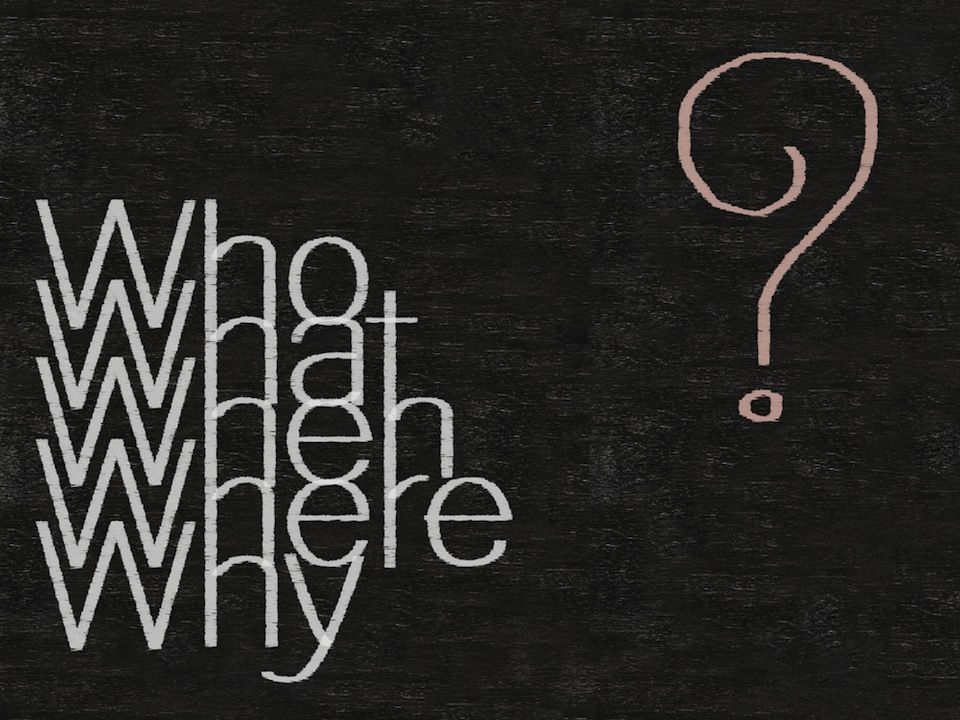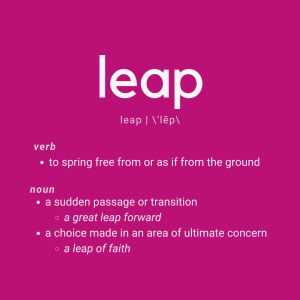(Plus an H, an S & and an extra W)
“Didn’t you hear? Journalism’s dead – it’s in all the papers.” That’s what a journalist friend of mine said when I said I wanted to talk with him about journalism and how it relates to communication. While the joke and looming epitaph about his 40-year career is relevant and seemingly close to truth, I think it’s time to revive the core principles of Journalism 101 to think about how we communicate with each other and ourselves[1].
If we think back to a time when journalism and reporting were supposed to be about conveying the facts of a situation and not about creating a platform for the “reporters” opinion[2], we can learn a great deal about the core questions one must ask in order to share an idea effectively.[3]

The core questions that a journalist uses when she investigates and reports on a story are: Who? What? When? Where? Why? How? So What? These are the basic questions a journalist has to answer before any story goes to print or air or any medium[4]. Without these answers, the story is incomplete. The full story isn’t there. In the absence of information, the reader will either make-up his own information (oh, the accused person must have been convicted of that crime and sent to jail…) or will assume that it wasn’t relevant to the story (I guess I don’t have to worry about an increase in my property taxes this year…). Omission of available, necessary information makes for sloppy, unprofessional journalism. Such omissions could mean the loss of the journalist’s credibility and possibly his job as well as the cost of time and production expense to rework, clarify and re-issue the story Answering the basic journalistic questions helps the reporter be thorough in doing her work: communicating complete information.
What can every person learn from these journalistic questions? We can learn that doing a little research about our own thoughts, as well as about the topic under discussion before we share or discuss information is efficient, thorough and avoids rework. It also avoids the headache of having to go back and explain what you meant to say.
These basic questions help us anchor our thoughts, information and needs so that we can most clearly communicate what we think and mean to someone else. They give us a solid foundation, the fundamental skills, to be clear, curious and open to how we can best share information with accuracy in a way that makes sense.
Before you start in on your next conversation, pause a moment and become curious about your thoughts and perspectives. Ask good questions and help everyone involved in the conversation – including you – get information that makes the experience work.
[1]The thought of communicating with yourself sounds very pop-psych, I know. Bear with me – it’s really important.
[2] See all of Fox News, MSNBC, most of CNN. Print news is better, but better in what way depends on one’s political leanings and preference for the NYT or the WSJ.
[3] This is a great reference: http://handbook.reuters.com/index.php/Reporting_and_Writing_Basics
[4] Reuter’s website





